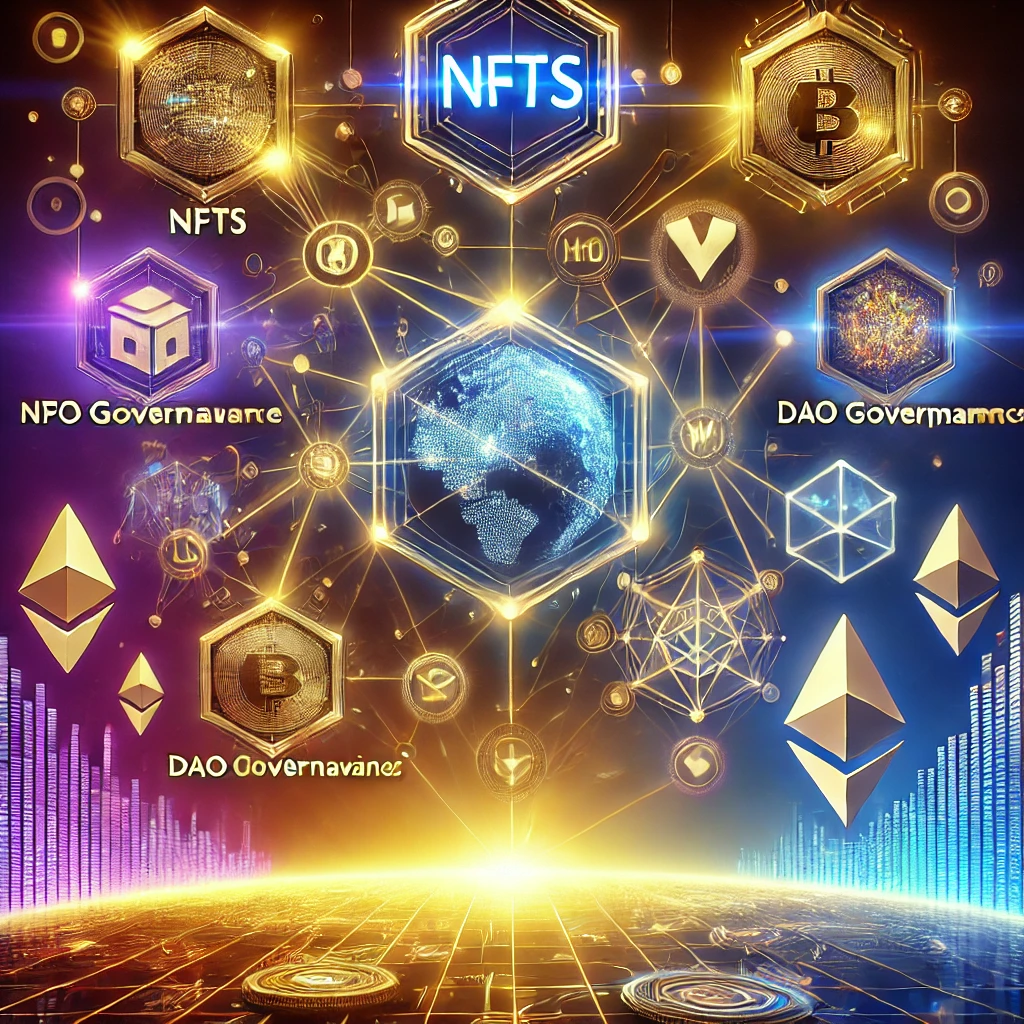How to Use Bitcoin for Smart Contracts: A Developer’s Guide
When most people think of smart contracts, Ethereum usually comes to mind. But did you know that Bitcoin also has the capability to support smart contracts? While it may not be as well-known for decentralized applications (dApps), Bitcoin’s development is evolving, and smart contracts are now a part of that future. If you’re a developer or a crypto enthusiast interested in learning more, this guide will show you how Bitcoin can be used for smart contracts and how you can get started.
What Are Bitcoin Smart Contracts?
At their core, smart contracts are self-executing contracts with the terms directly written into lines of code. These contracts automatically enforce rules without needing intermediaries, like lawyers or notaries. On Ethereum, this is done through a flexible system that supports complex applications. Bitcoin, on the other hand, was originally built with simplicity and security in mind, which made smart contracts more difficult to implement.
However, thanks to recent upgrades like Taproot, Bitcoin has become much more capable of handling smart contracts. While it may not offer the same level of flexibility as Ethereum, Bitcoin’s smart contracts benefit from the network’s strong security and decentralization, making them an appealing option for certain applications.
Understanding Bitcoin Smart Contracts After Taproot
In 2021, Bitcoin introduced the Taproot upgrade, which was a major step forward for its smart contract functionality. Before Taproot, Bitcoin’s scripting language was limited and not designed for complex smart contracts. With Taproot, however, Bitcoin can now support more advanced use cases while maintaining privacy and efficiency.
Taproot allows for what are known as Merkelized Abstract Syntax Trees (MAST), which improve the way Bitcoin handles complex conditions for transactions. This upgrade is a game-changer for developers, as it means that smart contracts on Bitcoin can now be executed more privately and with lower transaction fees. Additionally, Taproot ensures that
only the necessary parts of a contract are revealed on the blockchain, keeping more of the details private.
RSK: Bringing Full Smart Contract Functionality to Bitcoin
If you’re looking for a more Ethereum-like experience when building smart contracts on Bitcoin, RSK (Rootstock) is a platform worth exploring. RSK is a sidechain that brings full smart contract functionality to Bitcoin. Think of it as an extension of Bitcoin that allows for more complex operations while still using Bitcoin as the underlying currency.
RSK uses a merge-mining technique to borrow Bitcoin’s security, making it one of the most secure smart contract platforms available. This opens up opportunities for developers who want to build dApps and decentralized finance (DeFi) projects but prefer Bitcoin’s robustness over Ethereum’s flexibility.
Some of the key advantages of using RSK for Bitcoin smart contracts include:
- Compatibility with Ethereum’s Solidity language: Developers familiar with Ethereum will find it easy to build on RSK using the same tools and programming
- Bitcoin-backed security: RSK benefits from Bitcoin’s proof-of-work consensus, making it extremely
- Low transaction fees: By operating as a sidechain, RSK can offer lower fees compared to Ethereum, especially during times of network
Stacks: Building Decentralized Applications with Bitcoin
Another way developers can leverage Bitcoin for smart contracts is through Stacks. Stacks is a unique blockchain that enables developers to build decentralized applications that use Bitcoin as a reserve asset. Stacks operates on its own layer, but all transactions are settled on Bitcoin, giving developers the best of both worlds: Bitcoin’s security and Stacks’ flexibility.
Stacks introduces its own smart contract language called Clarity, which is designed to be safer and more predictable than other programming languages like Solidity. With Clarity, smart contracts are “decidable,” meaning developers know exactly how a contract will execute before it runs. This reduces the risk of bugs or vulnerabilities in the code.
One of the standout features of Stacks is its ability to “anchor” dApps to Bitcoin, ensuring that Bitcoin is the final layer of settlement for transactions. For developers looking to combine the security of Bitcoin with the flexibility of smart contracts, Stacks is an excellent solution.
Challenges of Smart Contracts on Bitcoin
While Bitcoin’s smart contract capabilities are expanding, it’s important to acknowledge some of the challenges developers face. First, Bitcoin’s scripting language is still not as
flexible as Ethereum’s. While Taproot and platforms like RSK and Stacks help, Bitcoin wasn’t built with smart contracts in mind from the start, meaning that developers may find it more difficult to build complex applications.
Another challenge is scalability. Bitcoin’s block size and transaction throughput are limited, making it harder for Bitcoin-based smart contracts to scale to the level that Ethereum’s can. This is why Layer 2 solutions like the Lightning Network and sidechains like RSK are so important—they help alleviate some of these scalability issues.
Finally, there’s the matter of developer support. Ethereum has a massive developer community, with many tools, frameworks, and libraries available to make smart contract development easier. While Bitcoin is catching up, developers may find that there are fewer resources and tutorials available for Bitcoin smart contracts.
Conclusion: Why Bitcoin Smart Contracts Matter
Bitcoin may have started as a simple peer-to-peer currency, but its role is expanding. With upgrades like Taproot, and platforms like RSK and Stacks, Bitcoin is stepping into the world of smart contracts. While it may not be as flexible as Ethereum, Bitcoin’s unmatched security and decentralization make it an attractive option for certain types of decentralized applications and financial systems.
For developers, Bitcoin smart contracts offer new opportunities to build dApps with Bitcoin as the underlying asset. While there are challenges, the growing ecosystem around Bitcoin smart contracts is full of potential. Whether you’re building on RSK or experimenting with Clarity on Stacks, now is the time to explore what Bitcoin has to offer in the world of smart contracts.









